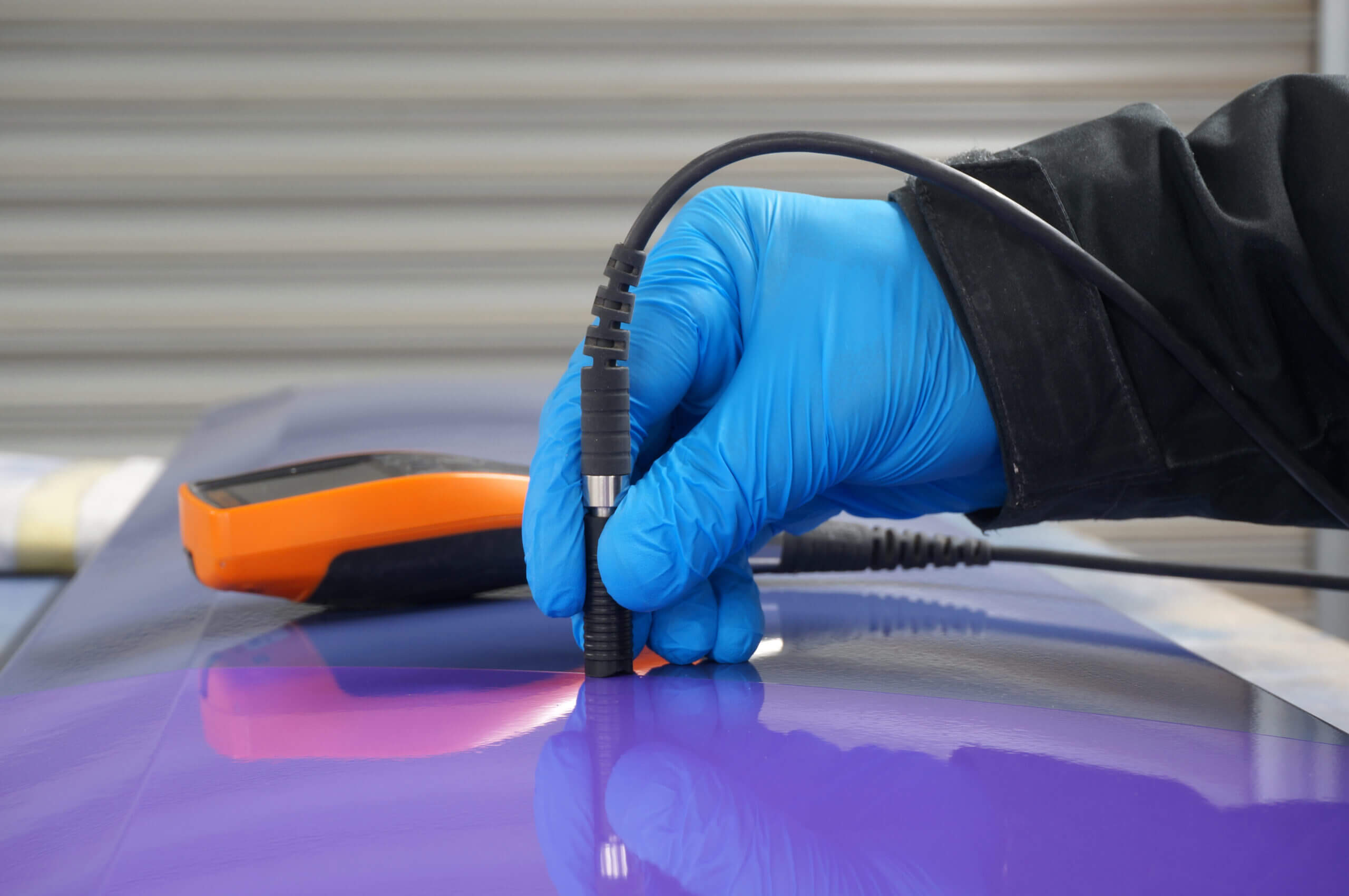Coating Inspection
NACE International is a professional organization focused on corrosion control and prevention. NACE provides certification programs and standards for coating and painting inspection in industries such as oil and gas, marine, infrastructure, and manufacturing. NACE coating/painting inspection involves ensuring the quality, durability, and performance of protective coatings applied to structures, equipment, and surfaces to prevent corrosion and degradation.
NACE coating/painting inspection involves:
- 1. Preparation Inspection: Before coating application, inspectors ensure that surfaces are properly prepared according to specifications. This may involve cleaning, blasting, or other surface preparation methods to remove contaminants, rust, or old coatings.
- 2. Coating Application Inspection: During coating application, inspectors monitor and verify adherence to coating specifications, including coating thickness, application method (e. g. , spray, brush, roller), ambient conditions (e. g. , temperature, humidity), and mixing ratios.
- 3. Quality Control Inspection: Inspectors conduct visual inspections of coated surfaces to detect defects such as bubbles, runs, sags, pinholes, or other imperfections that may compromise coating performance. Non-destructive testing (NDT) techniques such as adhesion testing, holiday (spark) testing, or dry film thickness (DFT) measurement may also be used to assess coating integrity.
- 4. Curing and Drying Inspection: Inspectors ensure that coated surfaces are allowed to cure or dry properly according to manufacturer recommendations and environmental conditions to achieve optimal coating performance and durability.
- 5. Surface Finish Inspection: Inspectors assess the final appearance and surface finish of coated surfaces to ensure compliance with aesthetic requirements and standards.
- 6. Documentation and Reporting: Inspection findings, including coating specifications, surface preparation details, coating application parameters, inspection results, and any deviations or non-conformities, are documented in inspection reports for record-keeping and compliance purposes.
NACE coating/painting inspection helps ensure the quality, performance, and longevity of protective coatings, reducing the risk of corrosion-related failures and extending the service life of structures and equipment. Certified NACE coating inspectors possess specialized knowledge and skills to effectively evaluate coating systems and ensure compliance with industry standards and specifications.
FAQs:
It involves visual examination, dry film thickness (DFT) measurement, adhesion testing, and other methods to assess coating integrity and performance.
Coating inspections are conducted on metals, concrete, and composites used in pipelines, tanks, bridges, and industrial equipment.
It is widely used in industries such as oil and gas, marine, construction, and aerospace for corrosion protection and quality assurance.



